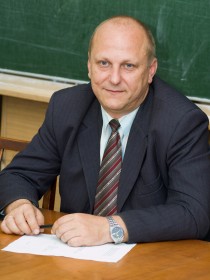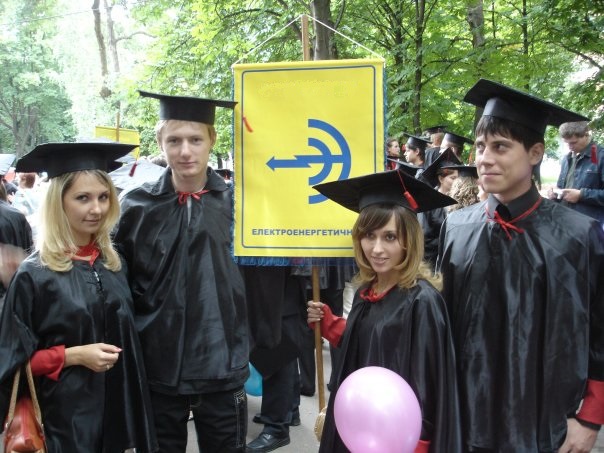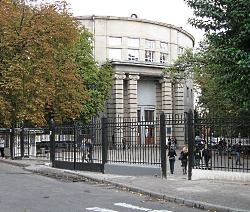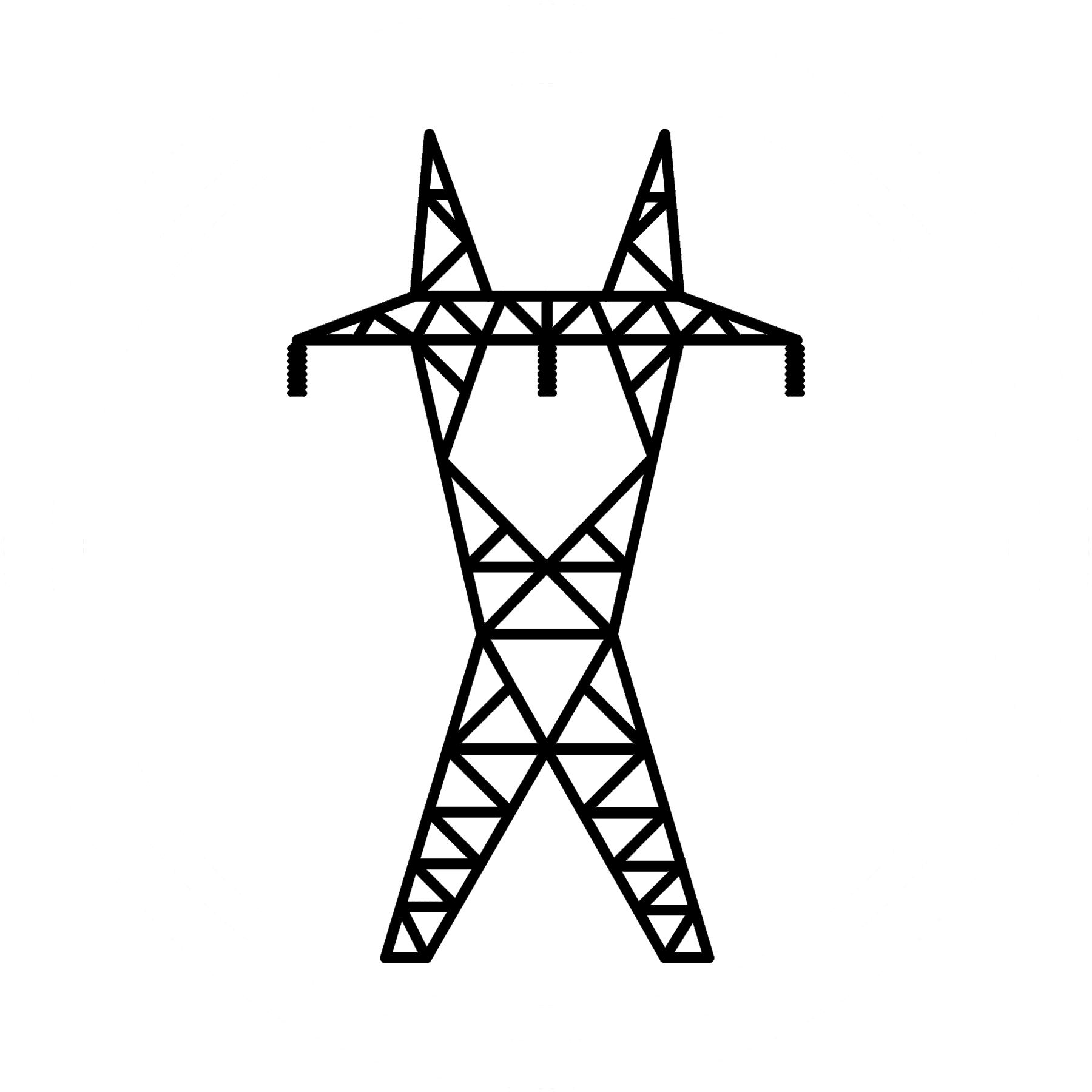We are glad to see you at The department of Electric Power Transmissiont site!
We invite you to meet with the department, its history and staff, specialties and other aspects of our life and work.
 |
Best Regards, Sergii Shevchenko Е-mail: kafedra.pee (at) gmail.com work phone: +38 (057)707-62-46 |
We are in Facebook https://www.facebook.com/groups/882175205192284/
We teach students both Ukranian and English.
The department of Electric Power Transmission teaches bachelors and masters for the electric power industry in the specialty “Electrical systems and networks” and “Digital energy”. Our students learn:
• design and operation of electrical networks and systems of all voltage classes;
• mathematical modeling of operating and emergency modes of electrical networks and systems;
• transient processes in electric power systems;
• protection of overhead lines and substations from switching and lightning overvoltages;
• diagnostics of high-voltage equipment.
If you want to get an education in this speciality, you can submit the relevant documents for admission to 1 course. Also, if you want to continue your education in a magistracy after receiving a bachelor’s degree, you can choose one of two directions of education (speciality): “Electrical systems and networks” and “Digital energy”.
Digital energy
30 years ago, the first personal computers appeared in our country en masse. They were expensive. Now everyone can afford a portable laptop with a quality photo camera, GPS navigator, microphone and speaker. And all this can be held in the palm of your hand. However, the CPU frequency has increased 500 times, and RAM 20,000 times. The cost of computing is reduced 10 times every decade.
What seemed fantastic is part of our lives. The “smart home” system with the help of artificial intelligence based on a minicomputer maintains comfort, manages energy consumption in one home and saves money. The digital electricity meter allows the use of two-, three-zone electricity tariffs (pay less at night). And this is ours today, not tomorrow. And what will happen tomorrow?
In 2012, the share of the world’s urban population exceeded 50%. The growth of old and the emergence of new cities creates a demand for the transition to a new generation of urban energy: with a high concentration of capacity, strength, small space, and different cost of electricity for certain groups of consumers.
In addition, energy solutions must be environmentally friendly. Electricity is the source of 42% of anthropogenic greenhouse gas emissions and a significant source of pollutants. Cities with a high concentration of gas and especially coal-fired power generation are already dangerous to health and cannot grow.
The development of digital systems and high-precision industries in modern cities, which are highly sensitive to the reliability of energy supply and the quality of electricity, determine the qualitative change in demand. According to forecasts, by 2030 “capricious customers” will consume up to 30% of electricity.
In Western Europe , renewable energy sources have become one of the main directions of energy development. These technologies are becoming cheaper. For example, the cost of wind turbines decreased 10 times from 1980 to 2013, and photovoltaic modules in 2014 fell in price by 75% compared to 2009. In the field of solar energy, new technologies are being invented to install batteries on various surfaces, from roofs to entire highways.
This trend has affected business models and ways of communicating.
Energy micro-networks are now becoming popular in Poland , within which consumers share the energy produced. Devices for converting direct electric current into alternating current (inverters) allow to supply the electric power without interruptions. And thanks to special software for micronet management, they become an energy analogue of Wi-Fi coverage for entire neighborhoods and protect users from any emergencies. The combination of such micronetworks will minimize the amount of energy lost due to long-distance transmission.Ukraine loses 11% of its energy. The lowest loss figures are 2-3%. Trinidad and Tobago – due to distributed generation. Place of generation and consumption coincide. Or Korea – due to technology.
“Energy Internet” is a type of decentralized power system in which intelligent distributed management is carried out through energy agreements between users. The first case of blockchain energy transmission was recorded in 2016, when a Brooklyn resident sold surplus renewable energy to his neighbor through a smart contract. After that, many Western energy companies became interested in this technology. Over $ 300,000,000 was raised in blockchain-based energy projects during the year.

Electrical systems and networks
Summary
Electricity, as the world’s largest technical system, is based on three main processes: production, transmission and distribution of electricity. The specialization “Electrical systems and networks” refers to the “classical” component of training of specialists in the direction (profile) “Power” from the processes of production and distribution of electrical energy. Preparation has been going on since 1930 without changing the name of the specialty (specialization).
The objects of professional activity of Bachelors and Masters are transport and distribution of electrical energy.
The main places of work of graduates: electrical workshops of power plants, substations, other units of power industry, design and research institutes and organizations, departments of the main power engineer of various energy and industrial enterprises.
Main types of activity: design and development, production and technological, organizational, managerial and research work at power energy enterprises and organizations.
Our address:
National Technical University “Kharkov Polytechnic University”
Scientific and Educational Institute of Energy, Electrical Engineering and Electromechanics
Department “Electric Power Transmission”
Electrical building, room 228,
Kyrpychova st., 2,
Kharkiv, 61002, Ukraine
Our phone:
+38 (057) 707-62-46
+38 (057) 707-69-77
Our Е-mail: kafedra.pee (at) gmail.com
 |
